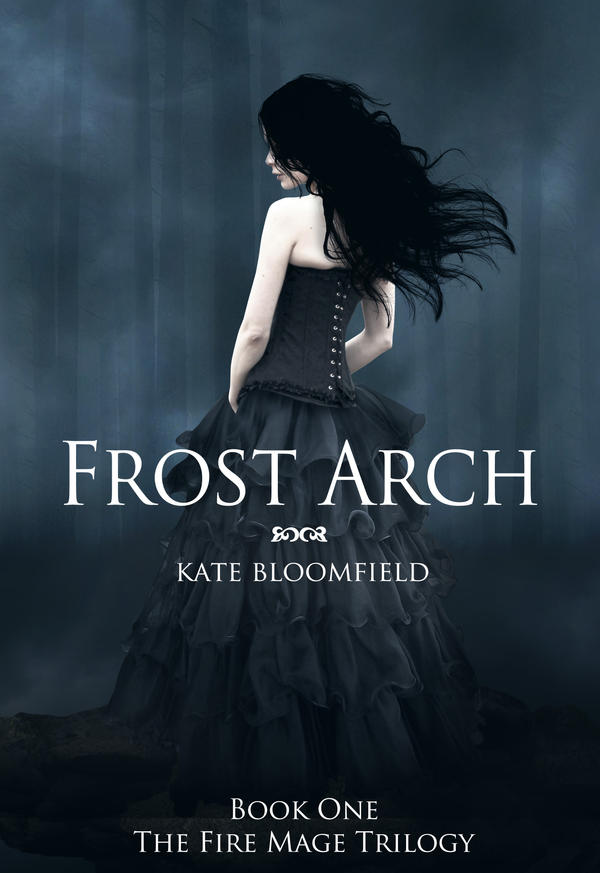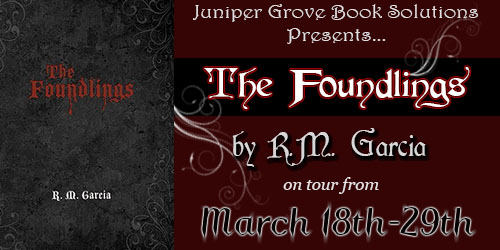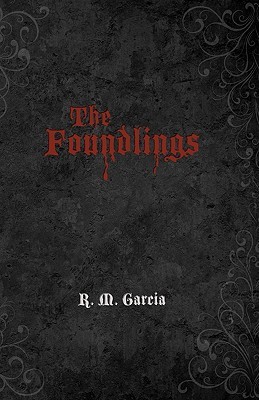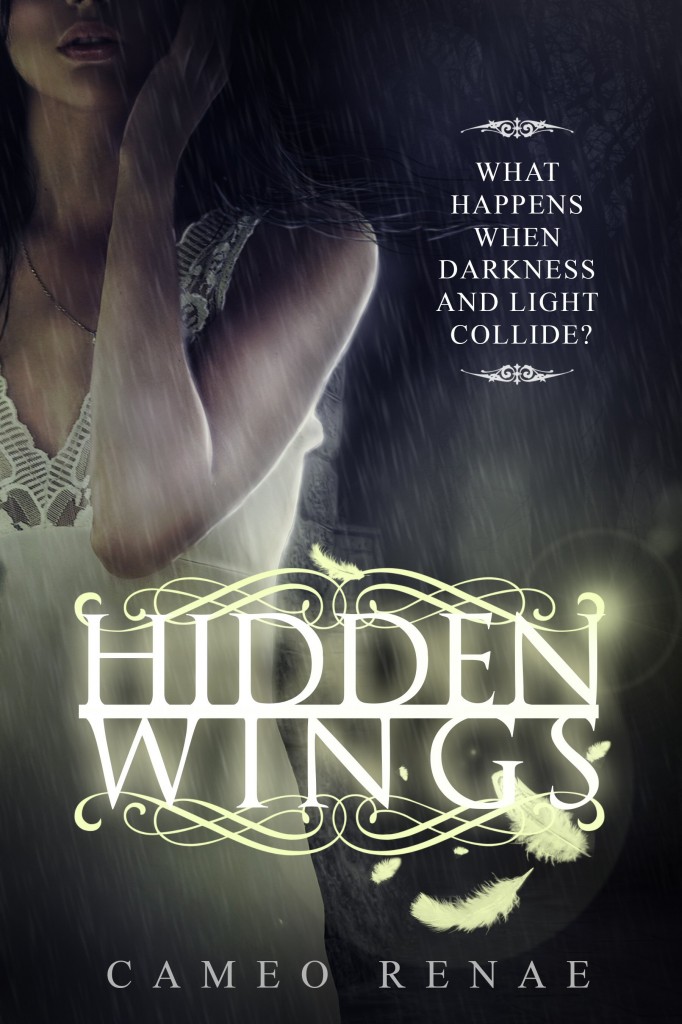This is the first book in the Fire Mage Trilogy. It takes place in a far future (our own time is referred to as “pre-apocalypse”) in which some have discovered their talents as Mages, finding the ability to do things like start fires with their palms or heal the wounded. Those without powers, lowly humans, are treated like slaves. The main character, Avalon, has  run away from home, where she was a danger to her family because (as a fire mage) she had the potential to set things on fire accidentally. She also left home because her sister, a lowly human without any magical abilities, was at risk of becoming a slave.
run away from home, where she was a danger to her family because (as a fire mage) she had the potential to set things on fire accidentally. She also left home because her sister, a lowly human without any magical abilities, was at risk of becoming a slave.
Avalon escapes with a friend who was delivering a strange fox to Frost Arch. Feeling sorry for the fox, Avalon helps him escape and seeks employment at a wealthy estate in the area, where she is responsible for lighting fires and heating baths. At first, the tiny fox takes refuge in her room, but he soon grows too large and must stay in a nearby barn. The fox is definitely magical, though, sprouting wings and changing colors depending on its temperament.
While working at the estate, Avalon befriends Jack, who obviously has a crush on her (but Avalon is too oblivious and lacking in self confidence to see that). She also falls for one of the noblemen at the estate even though Jack and others have warned her against him. At the end of the novel, Avalon’s fox, which has become the size of a horse and can fly, is taken. At the same time, Avalon finds that she has lost her fire-making ability. Still, she is determined to save him.
Once I was thirty percent into the book, I flew through it, finishing it in less than a day. The plot will keep you turning pages despite a few grammatical errors (your vs. you’re and its vs. it’s, for instance). I felt that I wanted Avalon to succeed despite her denseness at times (Jack loves you!) and her lack of self confidence. I don’t want to spoil too much of the book–there are clues dropped throughout that will help you figure things out on your own, and that was part of the fun for me. I will note that I’m not a huge fan of fantasy books because of the excessive description, but this book kept my interest. The description was just enough to help me paint a picture, but it never over-burdened the story. It’s an intriguing premise, and I look forward to reading the next book in the series. It would be a fun read for a high-school student (or even an advanced middle-school reader) or an adult.
 pets using nonverbal communication like eye contact—almost as if she can tell what they are thinking. But despite her questions, her mother has never told her the truth—like why her eyes are so large, why she has only four fingers, why she is so sheltered, or who her real father is.
pets using nonverbal communication like eye contact—almost as if she can tell what they are thinking. But despite her questions, her mother has never told her the truth—like why her eyes are so large, why she has only four fingers, why she is so sheltered, or who her real father is. The book follows the lives of Donnie and Abbie, two teenagers who undergo more than their share of trouble. As the book opens, Donnie has just experienced the worst tragedy a teenager can face—the loss of both parents. After near despair, Donnie finds love with Abbie, a girl who (coincidentally, as he finds out later on) is the daughter of the woman his father died saving. While there are conflicts going on with Donnie and Abbie’s relationship, the important part is this: later in the book, they both become vampires. That’s right—the last 70 percent of the book follows what the first chapter discusses—vampires.
The book follows the lives of Donnie and Abbie, two teenagers who undergo more than their share of trouble. As the book opens, Donnie has just experienced the worst tragedy a teenager can face—the loss of both parents. After near despair, Donnie finds love with Abbie, a girl who (coincidentally, as he finds out later on) is the daughter of the woman his father died saving. While there are conflicts going on with Donnie and Abbie’s relationship, the important part is this: later in the book, they both become vampires. That’s right—the last 70 percent of the book follows what the first chapter discusses—vampires. acquire willing sources of blood. My favorite scene, I think, is one in which the two protagonists meet a five-year-old vampire—that is, a vampire stuck in a five-year-old body. In actuality, the vampire is nearly 100 years old. The image created here—that of a wise five-year-old—is hilarious and clever. I also enjoyed the Native American culture interwoven through the book. Donnie’s mother was Native American and taught him some of her spiritual beliefs, which he uses to cope with the various terrors his life throws at him.
acquire willing sources of blood. My favorite scene, I think, is one in which the two protagonists meet a five-year-old vampire—that is, a vampire stuck in a five-year-old body. In actuality, the vampire is nearly 100 years old. The image created here—that of a wise five-year-old—is hilarious and clever. I also enjoyed the Native American culture interwoven through the book. Donnie’s mother was Native American and taught him some of her spiritual beliefs, which he uses to cope with the various terrors his life throws at him.





 with no life insurance. DWB decided to help by making one of the author’s books a benefit, and all the royalties earned in 2012 went directly to the family.
with no life insurance. DWB decided to help by making one of the author’s books a benefit, and all the royalties earned in 2012 went directly to the family. symptoms and STILLS. But the problem is there is no actual cure for this disease, especially the rare type Meagan has. Right now all they can do is treat her symptoms, giving her steroids for the swelling in her joints, keeping her on a diet that doesn’t cause inflammation, and keeping her on a strict play and rest schedule.
symptoms and STILLS. But the problem is there is no actual cure for this disease, especially the rare type Meagan has. Right now all they can do is treat her symptoms, giving her steroids for the swelling in her joints, keeping her on a diet that doesn’t cause inflammation, and keeping her on a strict play and rest schedule.